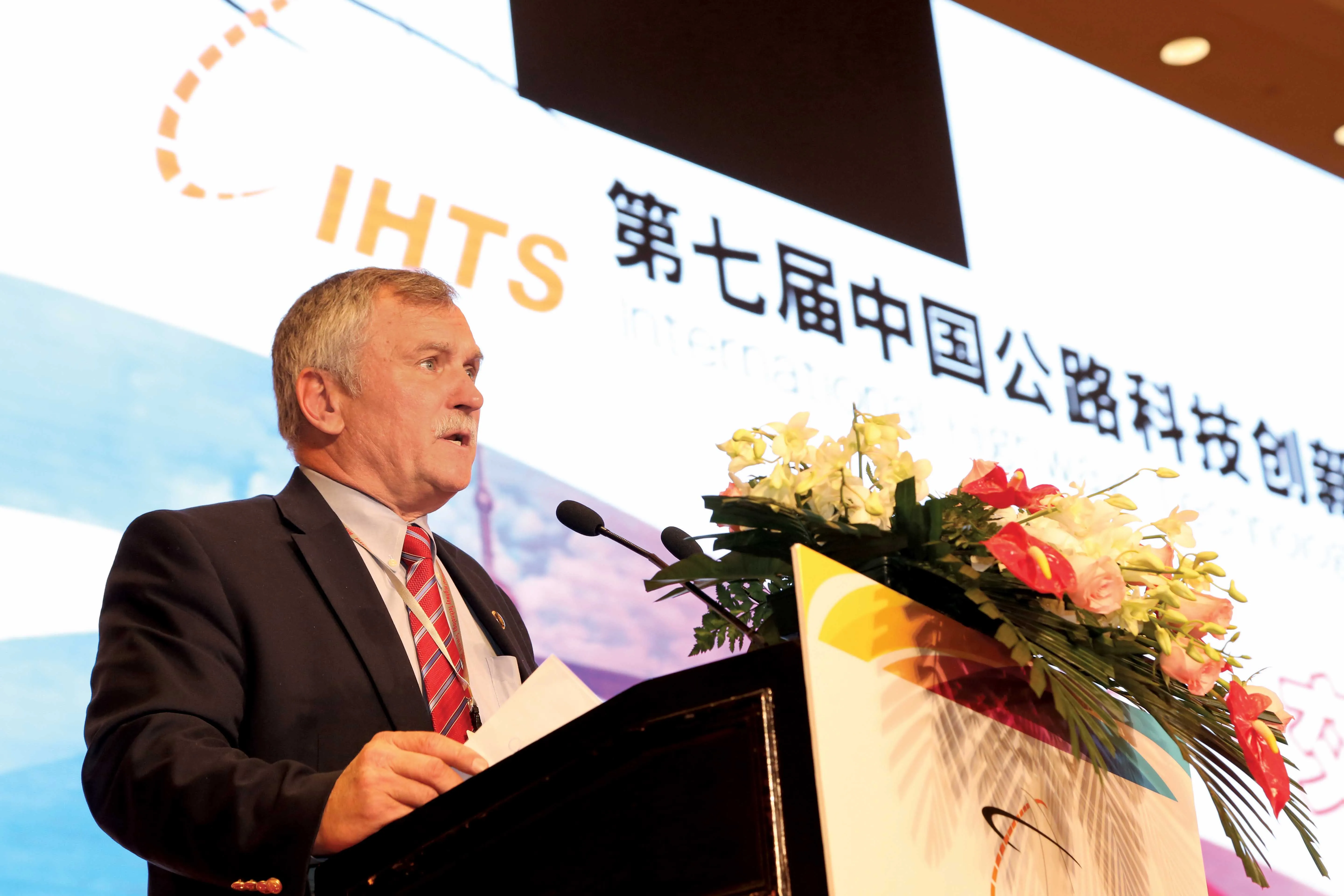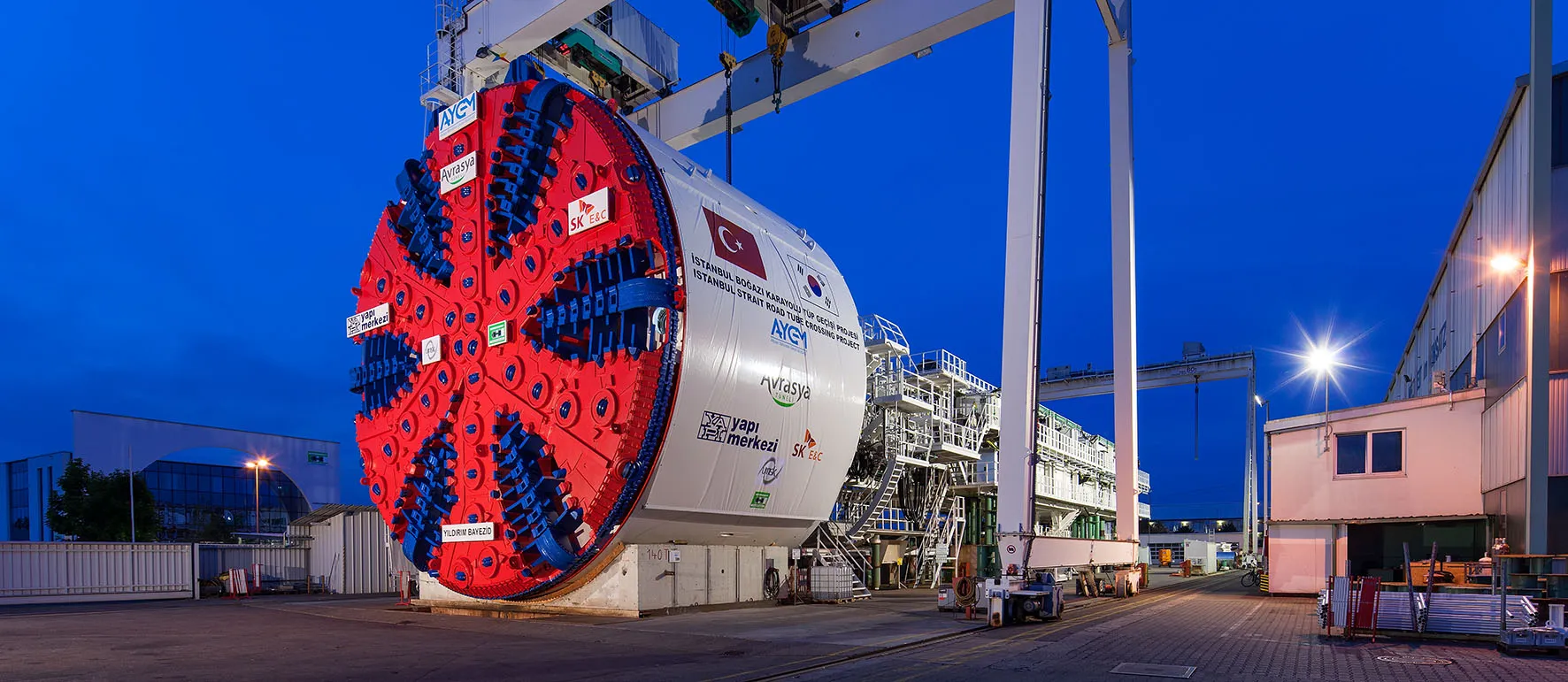A key event is being planned for Europe’s asphalt industry. The
It will take place in the afternoon of 10th September 2019 and the morning of 11th September, followed by the 5th International ISAP Symposium on Asphalt Pavements & Environment (APE) at the Palazzo del Bo - Via VIII Febbraio, n.2. It is possible to register for both events, obtaining a fee reduction.
In March 2019 the Commission published a Staff Working Document on the implementation of the EU Circular Economy Action Plan with 54 actions. These include initiatives to enhance the uptake of the “New/revised EU green public procurement criteria integrating new circular economy requirements for road design, construction and maintenance”.
Asphalt is an essential tool for Road Administrations to meet high green requirements, as at the end of roads service life, the material can be re-used 100% to build a new asphalt road. One technological milestone, which made this possible was the development of rejuvenators.
There is nowadays an increasing demand to classify various products on the market as “rejuvenators” and a great deal of research projects on this topic. However, there is not any harmonised method for the assessment and classification of these products. In 2018, EAPA published a position paper on this topic, which became one of the most downloaded papers of the website.
Due to the great feedback received from the industrial community EAPA organises this 1st EAPA Workshop on the topic.
Detailed information about the programme, fees, registration process and the workshop brochure (e.g. with travel information) can be found on https://eapa.org/eapa-workshop-on-the-use-of-rejuvenators-in-asphalt-mixtures
The bitumen/binder used in asphalt roads becomes oxidised over their service life, through a process known as “ageing”. When reclaimed old asphalt is included into new asphalt mixtures, the resulting product might be too hard and brittle, which reduces the pavement’s resistance to cracking and, consequently, its durability.
Rejuvenators are a wide range of commercial products aiming at reducing the stiffness and hardness of the aged binder, as well as restoring its rheological behaviour. It has been widely proved that, when they are used, the durability and performance of new asphalt pavements containing reclaimed asphalt significantly increase.
About the EAPA Position Paper
Find all relevant information on %$Linker:
Key event for asphalt industry in Europe
A key event is being planned for Europe’s asphalt industry. The European Asphalt Pavement Association (EAPA) will hold the 1st EAPA Workshop on the Use of Rejuvenators in Asphalt Mixtures on the 10th and 11th September 2019. The workshop will be held in the Italian city of Padova at the Caffe Padrocchi (Rossini room) - Via VIII febbraio, n. 15 - 35122 Padova.
It will take place in the afternoon of 10th September 2019 and the morning of 11th September, followed by the 5th International ISAP Symposium on A
July 16, 2019
Read time: 3 mins
%$Linker: 2 Internal <?xml version="1.0" encoding="utf-16"?><dictionary /> 2 9781 0 oLinkInternal <span class="oLinkInternal ">RSS</span> Events (Diary) false /rss/events/ true false %>








